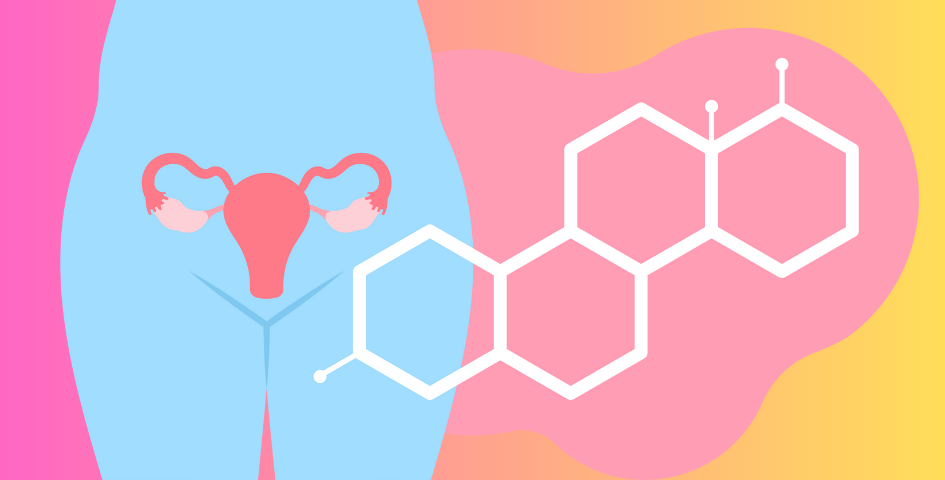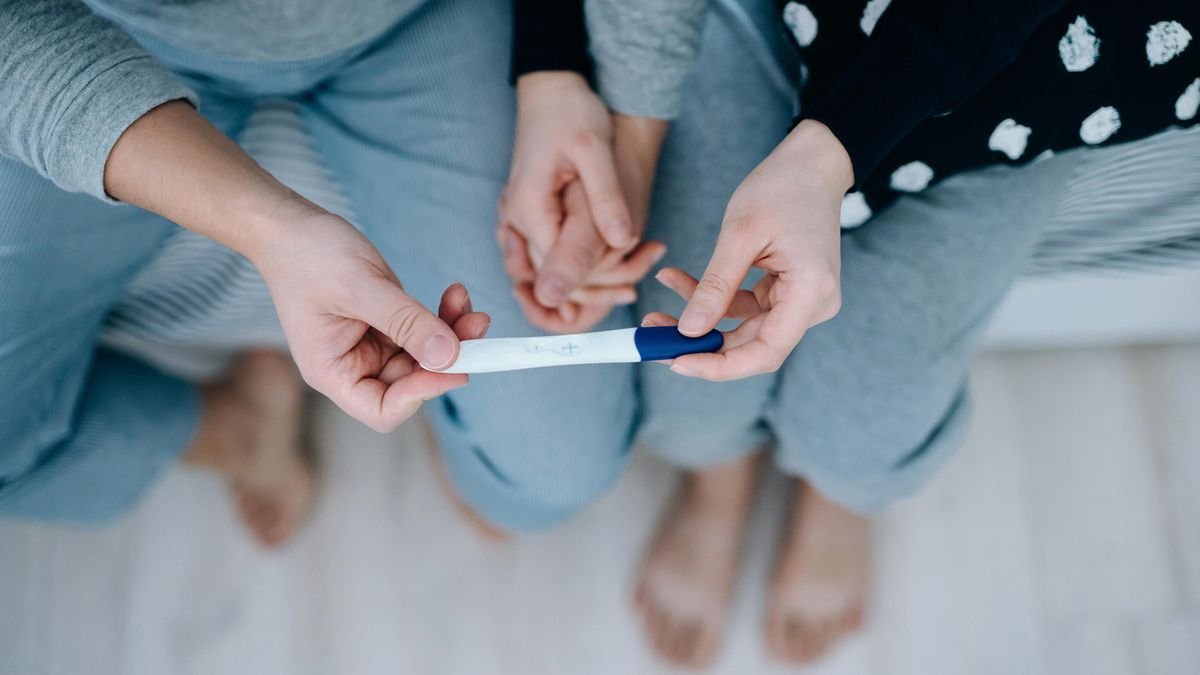Infertility is a condition affecting millions of couples worldwide, often caused by a range of factors. Among the most significant causes is hormonal imbalance, which can severely disrupt the reproductive system in both men and women. In this article, we’ll explore how hormones regulate fertility, the types of hormonal imbalances linked to infertility, and the treatment options available.
What Are Hormonal Imbalances?
Hormonal imbalances occur when there is too much or too little of a hormone in the bloodstream. Hormones are vital chemical messengers that regulate various bodily functions, including metabolism, mood, and—most importantly for this discussion—reproduction.
In the context of infertility, hormonal imbalances can affect ovulation in women and sperm production in men. Common causes of hormonal imbalances include conditions like Polycystic Ovary Syndrome (PCOS), thyroid dysfunction, and elevated levels of prolactin, among others. These imbalances can result in irregular periods, weight fluctuations, and reduced fertility.
How Hormones Regulate Fertility
Hormones are essential for normal reproductive function. In women, hormones like estrogen, progesterone, follicle-stimulating hormone (FSH), and luteinizing hormone (LH) work together to regulate the menstrual cycle and prepare the body for pregnancy. Estrogen helps build up the uterine lining, while progesterone maintains it after ovulation. FSH and LH are responsible for stimulating the ovaries to produce eggs.
In men, hormones like testosterone, FSH, and LH play a key role in sperm production. Testosterone is critical for sperm development and maintaining libido, while FSH and LH help stimulate the testes to produce healthy sperm. Any imbalance in these hormones can interfere with the body’s ability to conceive.

Common Hormonal Imbalances Linked to Infertility
Hormonal imbalances are a leading cause of infertility. Below are some of the most common hormonal disorders that affect reproductive health:
1. Polycystic Ovary Syndrome (PCOS)
PCOS is one of the most prevalent causes of hormonal infertility in women. Characterized by high levels of androgens (male hormones) and irregular ovulation, PCOS leads to irregular menstrual cycles, making it difficult to conceive. Women with PCOS often have cysts on their ovaries, excess facial hair, and weight gain.
2. Thyroid Disorders
Both hypothyroidism (underactive thyroid) and hyperthyroidism (overactive thyroid) can lead to infertility. Thyroid hormones regulate metabolism and energy use in the body, but they also play a critical role in reproductive health. An underactive thyroid can result in irregular periods and ovulatory dysfunction, while an overactive thyroid can cause short menstrual cycles and early pregnancy loss.
3. Hyperprolactinemia
High levels of prolactin, a hormone that stimulates milk production, can inhibit ovulation in women and lower testosterone levels in men. This condition can lead to irregular or absent periods, making conception difficult.
4. Low Testosterone in Men
Low levels of testosterone can impair sperm production and reduce libido in men. This hormonal imbalance often results in a reduced sperm count or poor sperm quality, contributing to male infertility.
How Hormonal Imbalances Cause Infertility in Women
In women, hormonal imbalances disrupt the fine-tuned reproductive system, causing various issues:
- Irregular Ovulation: Hormonal disorders like PCOS and hyperthyroidism interfere with ovulation, making it unpredictable or preventing it altogether.
- Poor Egg Quality: An imbalance in reproductive hormones can affect the quality of the eggs released during ovulation, reducing the chances of successful fertilization.
- Endometrial Lining Issues: Hormones like estrogen and progesterone help thicken and maintain the uterine lining. When levels are off, the lining may not be suitable for implantation, leading to early miscarriage or failed conception.
Common signs of hormonal imbalance in women include irregular menstrual cycles, unexplained weight gain or loss, and excessive hair growth.
Hormonal Imbalances and Male Infertility
Men are equally susceptible to infertility caused by hormonal imbalances. Low testosterone levels, in particular, are a major factor. This hormone is vital for sperm production, and when levels are too low, sperm count, motility, and quality are often affected.
Conditions such as hypogonadism (reduced function of the testes) can lead to low testosterone production. High levels of FSH and LH can also indicate a problem with sperm production, leading to male infertility.
Common symptoms of hormonal imbalances in men include decreased libido, erectile dysfunction, and a low sperm count.
Diagnosing Hormonal Imbalances Related to Infertility
Diagnosing hormonal imbalances is the first step toward effective treatment. Fertility specialists will typically order a series of blood tests to measure hormone levels, including FSH, LH, testosterone, estrogen, progesterone, and thyroid hormones.
For women, tracking ovulation and menstruation patterns can provide additional clues about hormonal health. In men, a sperm analysis is often conducted to assess sperm count, motility, and morphology.

Treatment Options for Infertility Caused by Hormonal Imbalances
Fortunately, many treatment options are available to address infertility caused by hormonal imbalances:
1. Medications
- Clomiphene Citrate (Clomid): Often prescribed to women with PCOS or other ovulatory disorders, Clomid stimulates the ovaries to release eggs.
- Metformin: Metformin is used for women with PCOS; Metformin helps regulate insulin levels and improve ovulation.
- Thyroid Medication: For those with thyroid disorders, medication can help normalize hormone levels, improving fertility.
2. Hormone Replacement Therapy (HRT)
- Testosterone Therapy: For men with low testosterone levels, hormone replacement can boost sperm production and improve fertility.
- Progesterone Supplements: For women with low progesterone levels, supplements may be prescribed to support a healthy pregnancy.
3. Assisted Reproductive Technology (ART)
- In Vitro Fertilization (IVF): If hormone treatments fail, IVF can help by directly fertilizing the egg and implanting it into the uterus.
- Intrauterine Insemination (IUI): IUI involves placing sperm directly into the uterus during ovulation to improve the chances of fertilization.
Preventing Hormonal Imbalances for Better Fertility
Prevention is key when it comes to maintaining hormonal balance and improving fertility. Here are a few tips to keep your hormones in check:
- Maintain a Healthy Weight: Being overweight or underweight can disrupt hormone levels, particularly in women with PCOS.
- Eat a Balanced Diet: Focus on whole foods that are rich in fiber, healthy fats, and lean proteins to support hormone production.
- Manage Stress: Chronic stress can elevate cortisol levels, which in turn disrupts reproductive hormones.
- Limit Exposure to Endocrine Disruptors: Chemicals found in plastics, pesticides, and processed foods can interfere with hormone function, so it’s best to avoid them whenever possible.
Conclusion
Hormonal imbalances are a common and treatable cause of infertility. By identifying and addressing these imbalances early, couples can significantly improve their chances of conceiving. If you suspect a hormonal imbalance is affecting your fertility, consult with a healthcare professional for proper diagnosis and treatment.